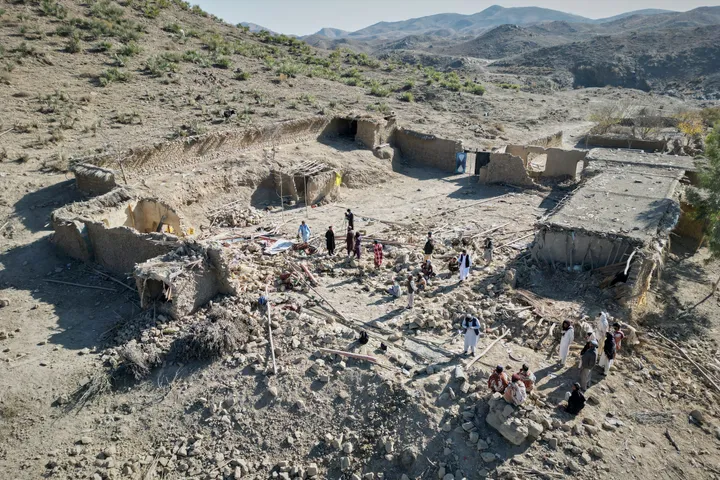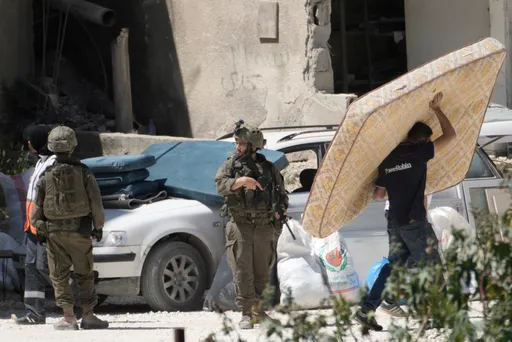Colombians went to the polls to elect members of congress and participate in one of three presidential primaries for candidates from right, left and centrist coalitions.
Seats in the country's legislature of 108 senators and 187 lower house representatives have in recent elections been won by myriad parties, forcing presidents to build big tent coalitions in order to pass legislation.
"We are celebrating that we are one of the oldest and most stable democracies in this hemisphere," President Ivan Duque, who cannot stand for reelection and whose term ends in August, said in a video message while urging citizens to vote on Sunday.
Duque's right-wing Democratic Center party has already selected Oscar Ivan Zuluaga as its presidential candidate.
Voters participating in the primary for the right-wing coalition - ahead of a first round of presidential voting in May - were choosing between five pre-candidates, including Federico Gutierrez, Alex Char and Enrique Penalosa, former mayors of Medellin, Barranquilla and Bogota, respectively.
READ MORE: Venezuela reportedly frees two jailed Americans after talks with US
Shift in political map?
It is a critical election, according to Mauricio Jaramillo, politics professor at Rosario University, because the country has always voted for a Congress dominated by right-wing parties but this election could completely shift the political map.
“The left is projected as one of the main forces in Congress and very likely to reach the second round of the presidential elections and even the presidency,” Jaramillo told Anadolu Agency.
A left-wing coalition asked supporters to pick from five candidates, though polls suggest that Gustavo Petro - a former mayor of Bogota who lost to Duque in 2018's presidential election - will emerge victorious.
"I want us to have more work, for it to be easier to get a formal job," unemployed Alberto Lopez, 31, told Reuters at a polling place in the south of Bogota.
"I hope these elections serve to have a good candidate for the presidency," he said, adding he voted for Petro in the primary.
Mathematician Sergio Fajardo, also a former mayor and governor, is the favourite to win the nomination of a centrist coalition.
Residents of 167 municipalities in provinces like Arauca, Choco, Norte de Santander and Cauca, which have been most affected by the conflict will choose 16 representatives who are survivors.
Their seats - in place for two legislative terms - were agreed under a 2016 peace deal between the government and the now-demobilised FARC guerrillas.
Colombia's conflict has left some 260,000 dead and displaced millions.
READ MORE: Biden designates Qatar, Colombia as 'major non-NATO allies' of US























